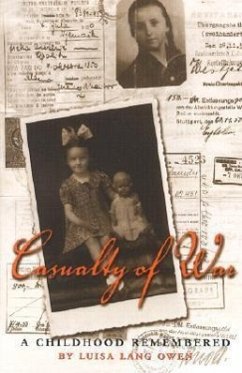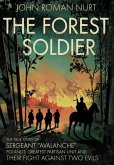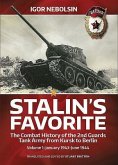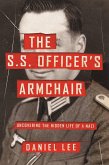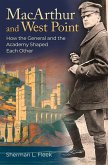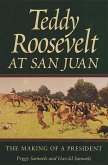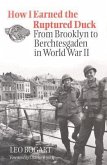Not all casualties of war die on the battlefield. In the wake of World War II, Yugoslavia purged its territory of the ethnic Germans who had formed a part of its human mosaic. Tarred with their ethnic origins and the conscription of their fighting-age men into the Waffen SS, these Volksdeutsche, ethnic Germans who had lived in the region for generations, were rounded up at the war's end and herded into concentration camps. Those who were not murdered or did not die from the harsh conditions were expelled from the village homes their families had known and loved for three hundred years. Like thousands of other Germans in the Danube Valley at the end of the war, author Luisa Lang Owen and her family were chased from their home. They were then lodged in a sheep stall and resettled in a camp with other Germans from her village. Shorn of their possessions, given little food or fuel, pressed into hard labor, beaten by guards, and separated from their families, many of Yugoslavia's Volksdeutsche despaired and many died. Luisa barely survived as those around her succumbed to malnutrition, disease, and exposure. Nine years old when she entered the concentration camp in 1945, Owen survived the persecution of the people, eventually finding herself in America, where she made a new life for herself, a life that nonetheless held within it the memories and lessons of the atrocities she had experienced in her homeland. Her haunting memoir provides a window into the ethnic cleansing that preceded the recent exterminations in Bosnia and Kosovo by fifty years -- an episode of horrors that has not appeared as even a footnote in descriptions of the more recent atrocities practiced in that region. Shereminds us of a massive crime that has been conveniently forgotten by providing a personal depiction of what ethnic cleansing is really about.
Hinweis: Dieser Artikel kann nur an eine deutsche Lieferadresse ausgeliefert werden.
Hinweis: Dieser Artikel kann nur an eine deutsche Lieferadresse ausgeliefert werden.

